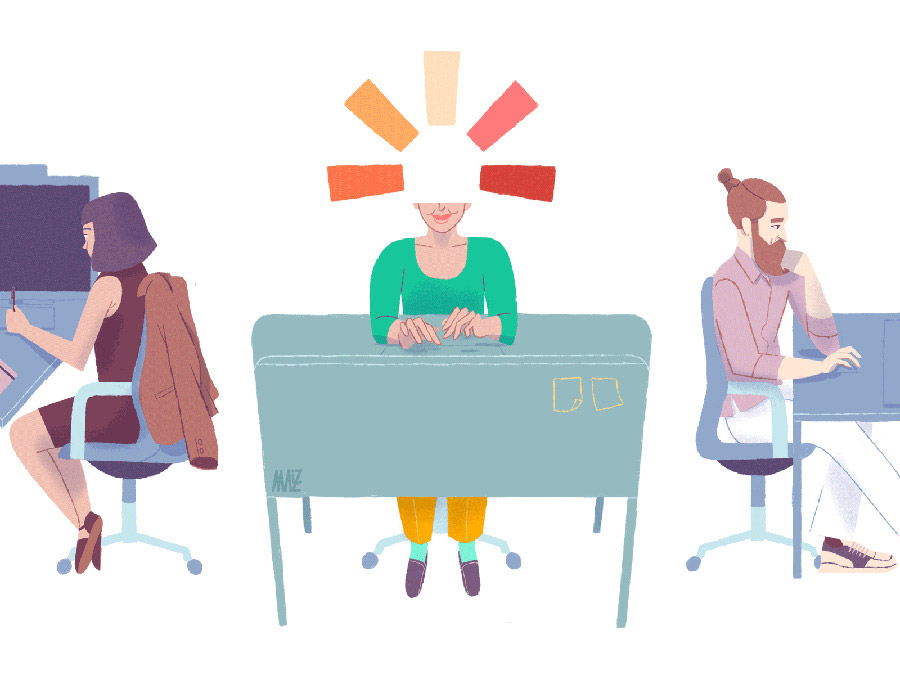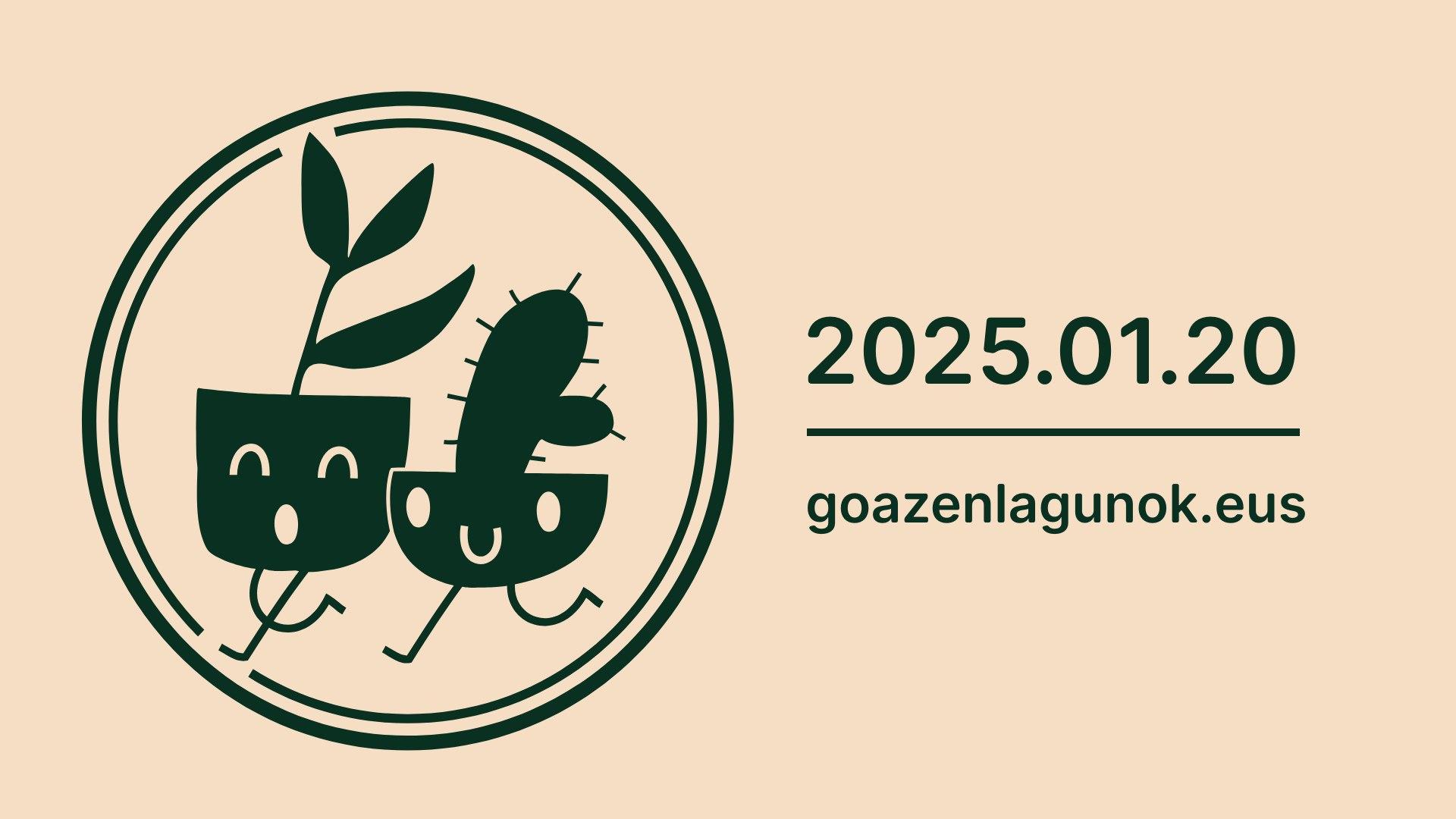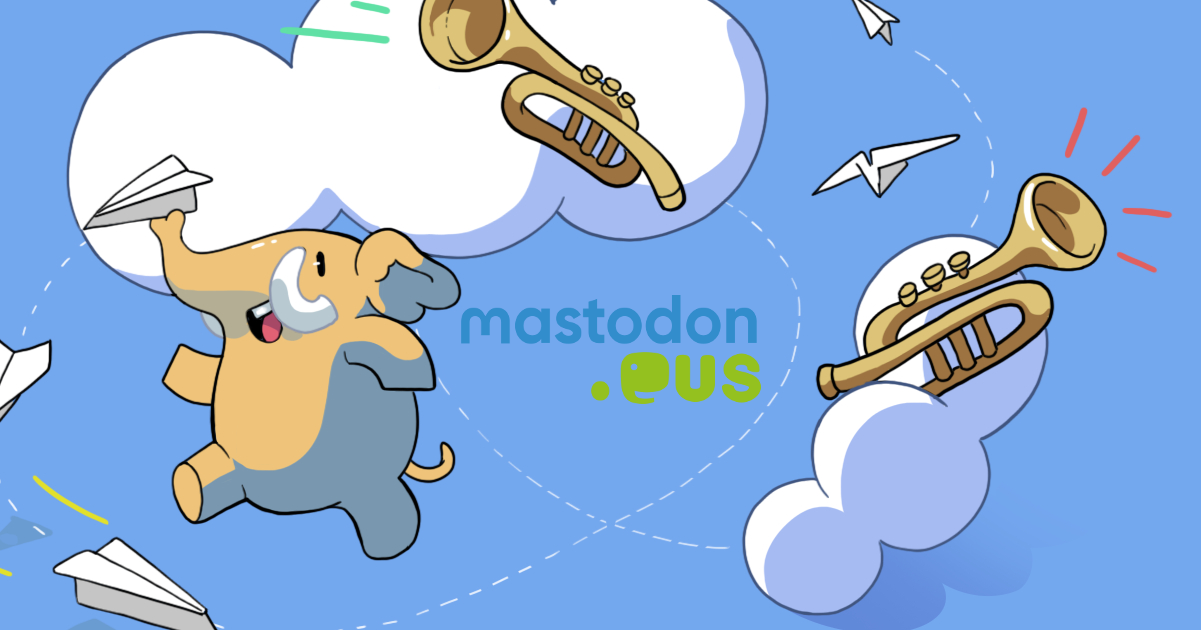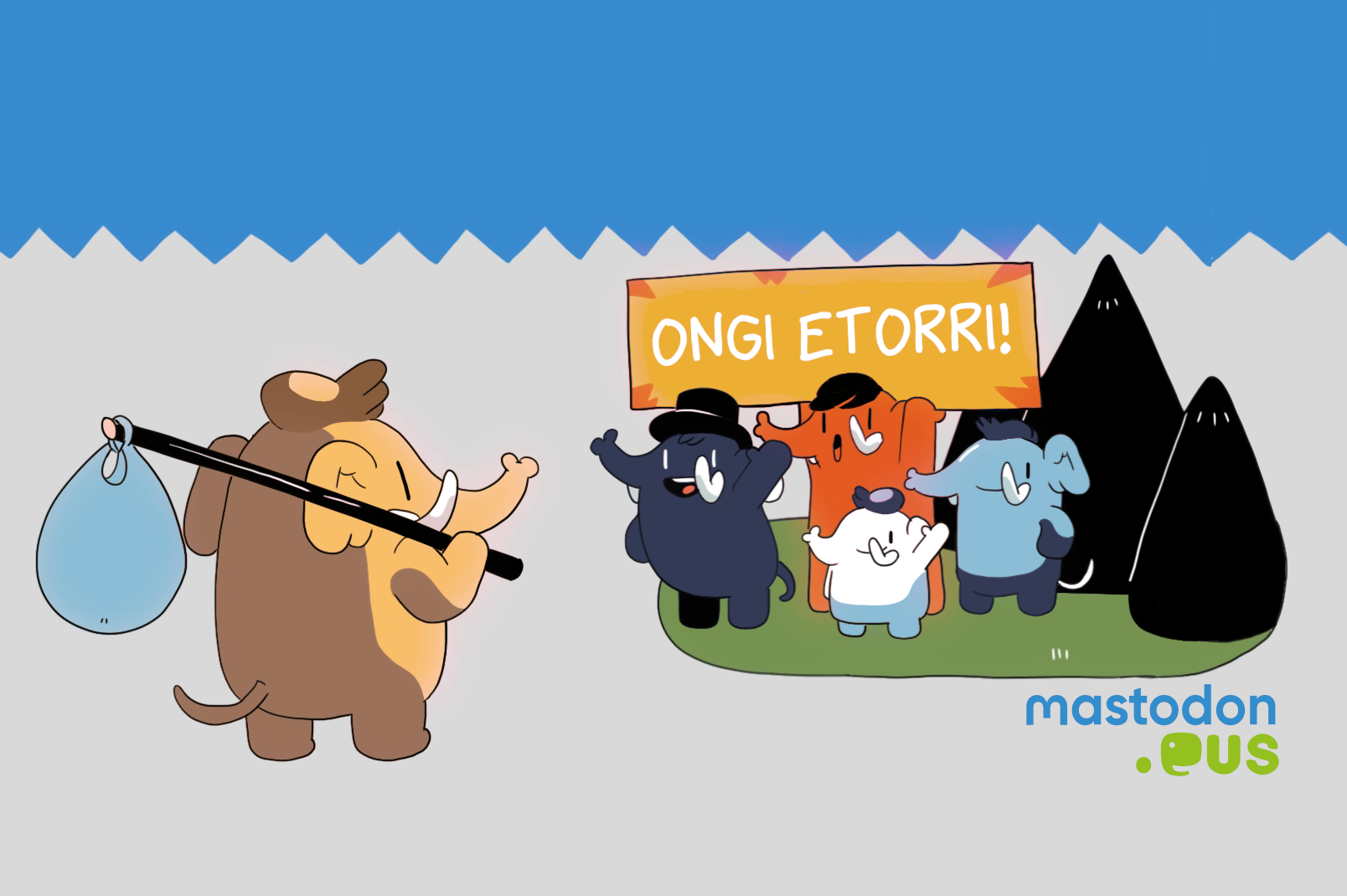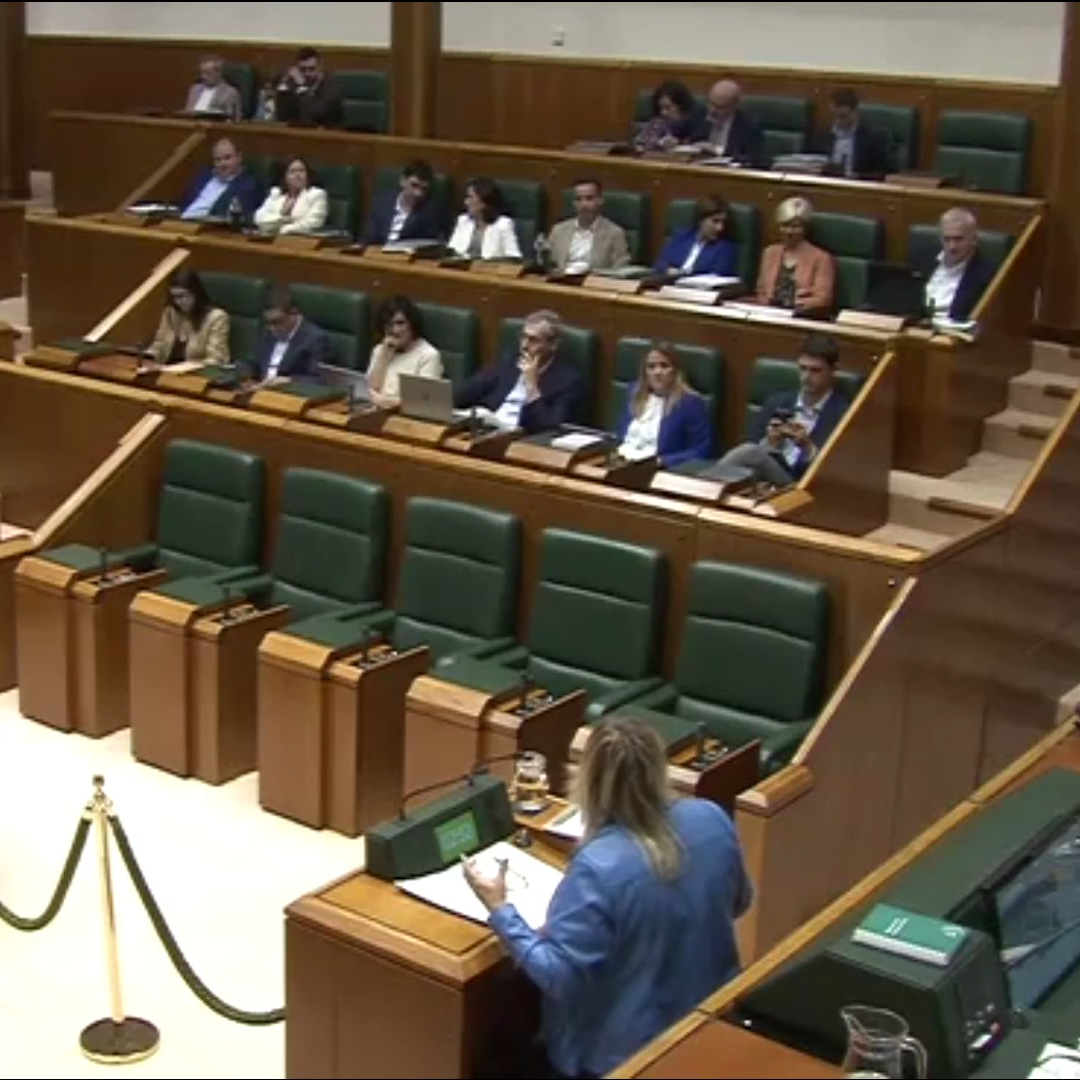Telecommunications sovereignty in Zumaia
- Fiber optics for Internet connection have been implemented for years, but the interests of the giant operators mean that this technology does not yet reach many places in Euskal Herria. A Community solution to this problem has been found in the Urola Valley in Gipuzkoa: Deployment of the SOC network or Fiber Optic Zumaia. “A neutral, open, free and pooled network,” according to the promoters.

The Fibre Optics has recently been launched in collaboration with Zumaia (ZOZ), small operators, the City Hall and the Guifi·net Foundation. The objective of the project is the implementation of a public fiber optic infrastructure in the municipality. According to the Municipal Government, the project will provide zumaiarras with “a neutral, open, free and pooled optical fiber network”. The network will be able to reach all homes, shops, institutions and companies, regardless of their location in the municipality, including the peripheral neighborhoods of Oikia, Artadi and Narrondo.
In early October, work began on the implementation of the fiber optic infrastructure, with the planned construction by zones and climbing. The process will last for a total of eight months. In this direction, the road to the lighthouse, better known for zumaiarras like Paolbide, and the Casco Viejo have been the first to receive the innovation, which is already available. The works of the first sites were carried out at the end of November and continue in the next area today.
As the fibre spreads throughout the village, they will transmit more detailed information to the neighbours: “Through invitations to virtual events and network operator service offerings,” explains Zumaia City Hall. In this way, at the time the facilities are being implemented in each area, the population will be informed, directly or by the hand of the communities of neighbours, of the details of the work.
Initiation
The ZOZ network project began to develop conceptually at the end of 2018, with the opening of the new telecommunications infrastructures of the Guifi·net foundation of the Catalan countries in the Urola valley. This project brought together in Zumaia several people interested in the sovereignty of telecommunications, who contacted the city council in 2019 in order to present their ideas for the municipality. “We explained that it would be interesting to create a fiber optic network in Zumaia for small operators to offer a high-quality Internet at a good price, with access to all the villages,” explains Xabier Garmendia, project promoter and member of the Abaila Cooperative. To this end, the small operators advised the city council that the road should be carried out in collaboration with Guifi·net, given the extensive experience of the Catalan foundation in the promotion of free networks.
In the words of the Mayor of Zumaia, Iñaki Ostolaza, the Municipal Government has taken into account “from the beginning” the deployment of the fiber optic network, since the municipality has not so far had any operator or infrastructure to offer this service. Thus, they began to speak with the Guifi·net foundation and soon realized the window of possibilities that opened up the promotion of collaboration with the entity expert in the deployment of neutral networks. Ostolaza is convinced of the future of the project: “Today infrastructures are important and mobility infrastructures are the most important, but the most important in the future will be the infrastructures that move information.” Including fiber optic networks, the mayor says it is “a unique opportunity” for Zumaia: “For all zumaiarras to have free and open high-speed Internet access.”
Pooled network
Where optical fibre is installed, it is common for a few companies that fully benefit from network management to prevail. Furthermore, these operators are multinationals with high market shares. The logic of pooled networks, on the other hand, goes in the opposite direction, as it is based on shared ownership of infrastructure. This management model prevents a single agent from having exclusive competition over the whole network, allowing small operators to offer their service at a competitive price. In addition, pooled networks ensure a more rational use of pipelines, as when operators share fibre infrastructures, the repetition of cable installations offering the same service is avoided.
Neutral
Infrastructure neutrality is another of the most important foundations of the project, i.e. all operators who want to offer the service have the same opportunities and conditions. In the case of Zumaia, Guifi·net is responsible for ensuring compliance with these standards. It also notes that activities in the field of marketing are carried out in an appropriate manner, mediating between operators and providing resources to resolve any conflicts that may arise between them.
According to Miguel Ángel Irigoyen, member of the Operations Directorate of the Guifi·net Foundation, “neutrality consists in not having exclusive networks of any operator”, that is, being open to all operators and sharing the duplication of networks to avoid duplication. In addition, the Foundation manages its own infrastructure to “ensure that everything is neutral and that no operator uses the network in an abusive manner,” says Irigoyen.
.jpg)
In addition to the technical aspect, neutral networks have their social dimension through the organisational bodies called the “clearing table”. These tables share concerns and needs and question approaches to the use of the network or its possible exhaustion. The member of Guifi·net says that the decisions taken in it guide “extensions that benefit everyone”.
Pulse the giants
The network will have the ability to connect up to 1,000 symmetrical megas to the homes of Zumaia, much faster than the major operators can offer in the municipality. In addition, Guifi·net ensures that this speed “can be increased in the future”. The connection will provide the same quality to all operators involved in the construction of the project. Thereafter, each zumaiarra may decide with which operator to contract the service.
The lack of many Community projects is often the high price, poor competitiveness and poor economic viability, while the largest company is the most extreme and the lack of honesty. Irigoyen explained that the key to the ZOZ network, at the hand of Guifi·net, is the business model: “We are a non-profit, so we design investments and projects from a perspective of economic sustainability, not maximizing performance. That’s not the case with private companies.” In this sense, they seek to reduce fixed costs by increasing users, allowing users to offer prices more interesting than conventional telecommunications companies. Guifi·net warns that monitoring fixed costs “opens up the possibility of having other sustainable network models”, “otherwise improper maintenance and neglect destroy networks”. So that this does not happen, the Catalan foundation works closely with local projects. Moreover, it also generates transfer costs with operators, which are those that affect the end-user, “always below what big players offer on the market”, explains Irigoyen.
Financing
To depreciate the initial investment of fiber optic deployment in the municipality, promoters offer the possibility of financing part of the installation by users
To depreciate the initial investment of fiber optic deployment in the municipality, the promoters offer the possibility of financing part of the installation by the users. In this way, the money that has been paid less in the monthly rate to be paid will be recovered. In the case of Zumaia it would be 17€/month and saving monthly the share of the line would allow customers to repay the investment in 4 years. From there, customers who have contributed would have a fixed and affordable price. “We guarantee a good management of the communal will and a fair distribution among the people who have participated in the ownership of the network, including the users,” concludes Irigoyen.
With regard to the local economy, the Mayor believes that it will also be beneficial for the companies of Zumaia: “Both those working in the field of telecommunications and others. Having access to this infrastructure is very important for the economy of the future,” he believes. Garmendia, as a member of a small telecommunications cooperative, has clear advantages of the SOC: “Every operator has direct access to network documentation and infrastructure costs are the same for everyone, without a minimum or entry fee being required.”
In addition, Zumaia's is an example for the peoples of the area. “Because he has made it clear that there are other types of fiber-optic telecommunications networks,” he explained. Once the SOC network has been fully implemented, Garmendia hopes that “with a new methodology and system it will be extended to the municipalities of the area”.
I've done a quick analysis of the technology forecasts for 2025. Like every year, when you talk about what technology is going to bring to the media in 2025, the discourse is very similar. Many of us who write about technology have the anxiety of knowing more than it's going to... [+]
The evolution that the Internet has taken over the last 15 years, together with its technological and business model, makes us think that it is a tool to increase the worst aspects of humanity. Around the world, agents have been created that are not satisfied with this idea... [+]
In spaces like the X, today, we will have to recognize that it is impossible to have a public debate and a cultural struggle. In this sense, a mistake is that political projects that intend to lead a leftist change leave platforms like X to make the leap to social networks that... [+]











